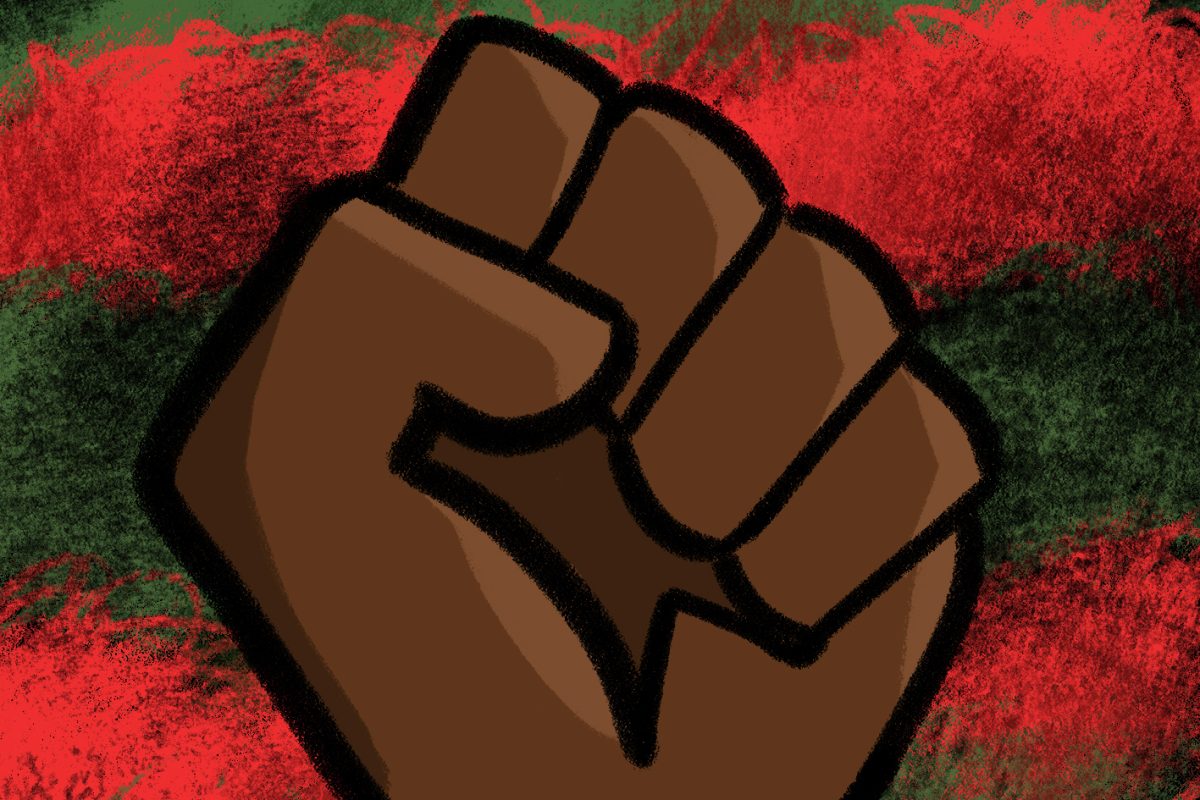
Amelie Salette
As Juneteenth approaches on June 19, you may find yourself asking: What is this holiday, and what does it represent? For some, the holiday passes by without them realizing it; for others, it’s a long-held tradition. And for many Black Americans, Juneteenth is something deeply personal–a time for reflection, pride and action.
Juneteenth celebrates the emancipation of enslaved people on June 19, 1865 in Galveston, Texas, marking the official end of slavery in the United States despite the signing of the Emancipation Proclamation in 1863. In 2021, Juneteenth was officially recognized as a federal holiday, a long-overdue acknowledgment.
For Poly’s Media and Technology Specialist Karen Barton, Juneteenth is more than a marker of a historical event; it connects her to her family’s story.
“Juneteenth means more to me after learning, fairly recently, that my ancestors were owned by the first mayor of Austin, Texas,” Barton said. Her discovery, made through genealogy records, revealed that her fourth great-grandfather was enslaved by Edwin Waller. “Finding that out, and then just thinking about the fact that, in 1865, my ancestors would have been part of that group that was freed–that was powerful,” she shared.
Black students at Poly shared that Juneteenth carries a similar emotional and cultural weight. Junior Elissa Henry stated, “It’s like a second Independence Day, in a way.” As the daughter of Haitian immigrants, she feels connected to liberation in multiple ways. “The place where my parents come from helped play a big part in America’s independence,” she said. “But I also think it’s important to recognize what impact Black America has in America, because so often, our voices are silenced.”
Sophomore Sabreen El-Amin said, “Juneteenth is about honoring the fight and struggle that Black people across the United States have endured…It means continuing the push for equality while preserving history and tradition.”
As increasing Instagram posts of celebrations emerge online, Juneteenth gains visibility, but long roads still lie ahead in the fight for racial justice.
“We still face all the challenges,” Barton noted, pointing out that the media’s coverage of police brutality has diminished since 2020.
Henry echoed those sentiments, noting the ongoing challenges of racial representation: “People like to say that slavery was years ago, or that racism is gone, but that’s not true.” She added, “More recently, there’s been a lot of normalizing of taking Black culture or taking aspects of it and using it without recognizing its history and its impact. I think that might be the biggest impact it has on our generation.”
So, how can we help more people recognize the holiday, even during summer break? El-Amin believes that teachers, during the school year, could raise awareness about the holiday if applicable to their curriculum. “Teaching Juneteenth in schools and sharing personal stories can help people understand its significance,” she says. Henry agrees, hoping people can see this holiday as more than a day off. “So often, holidays that are specific to a group get dismissed,” she says. “People say, ‘Oh, no school, no practice,’ and forget the meaning. I think it’s important to acknowledge the fact that it is a holiday, and that it has importance.”
Juneteenth may have started as a Texas tradition, but now it belongs to the entire nation. “It’s bigger than Texas at this point,” Barton said. “I’ve even seen people celebrate overseas, which is so cool. It means something different now. It’s like a celebration of blackness.”